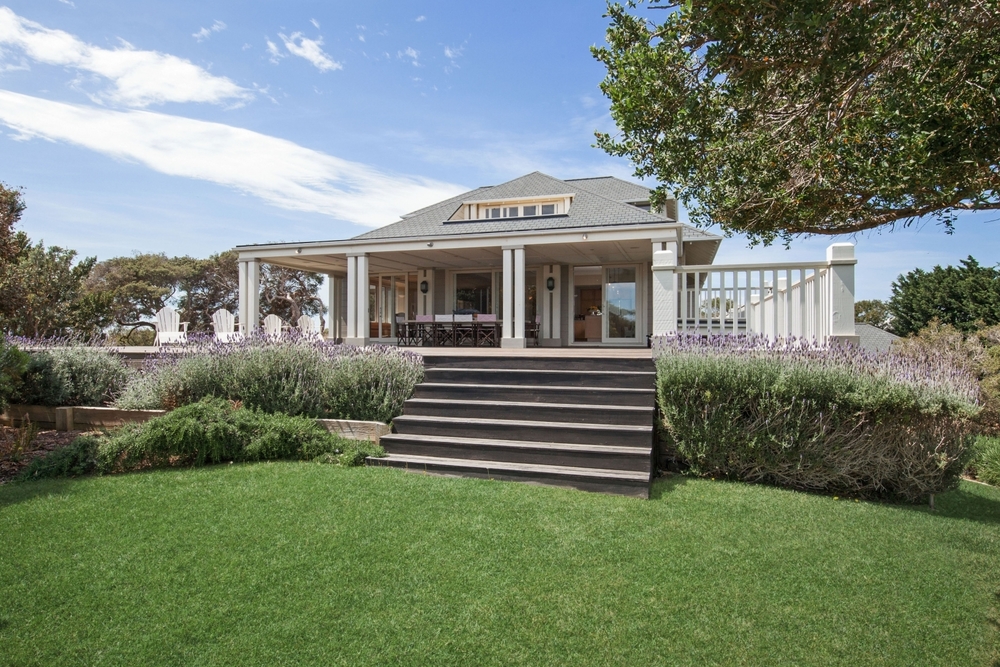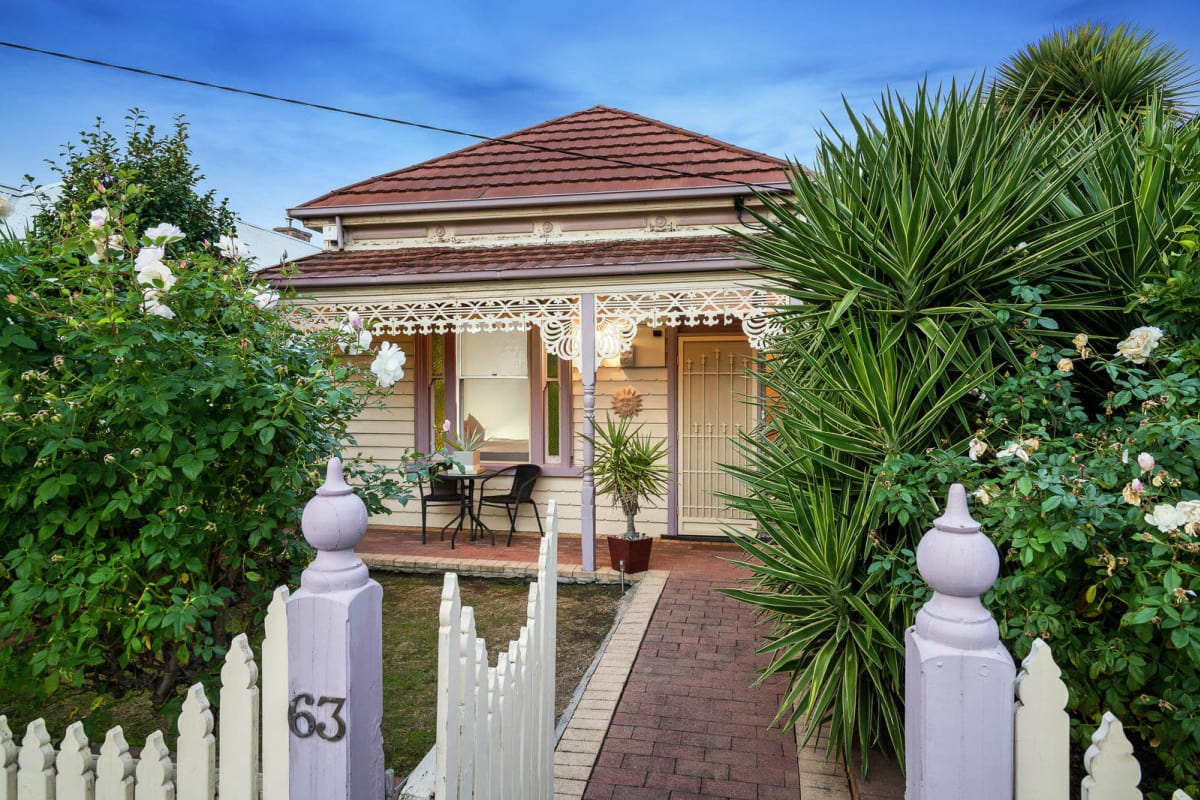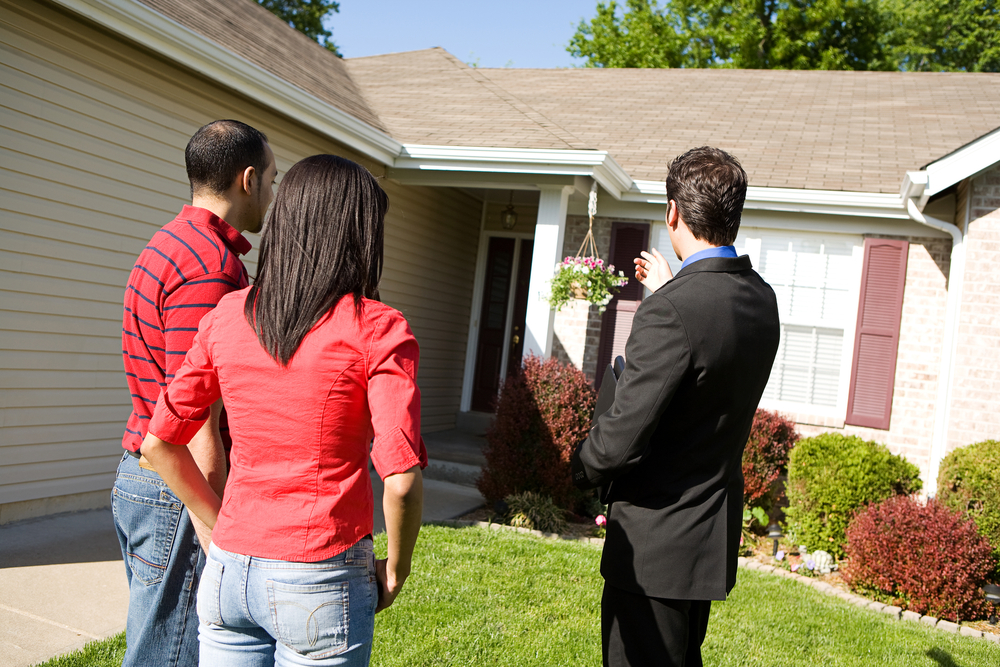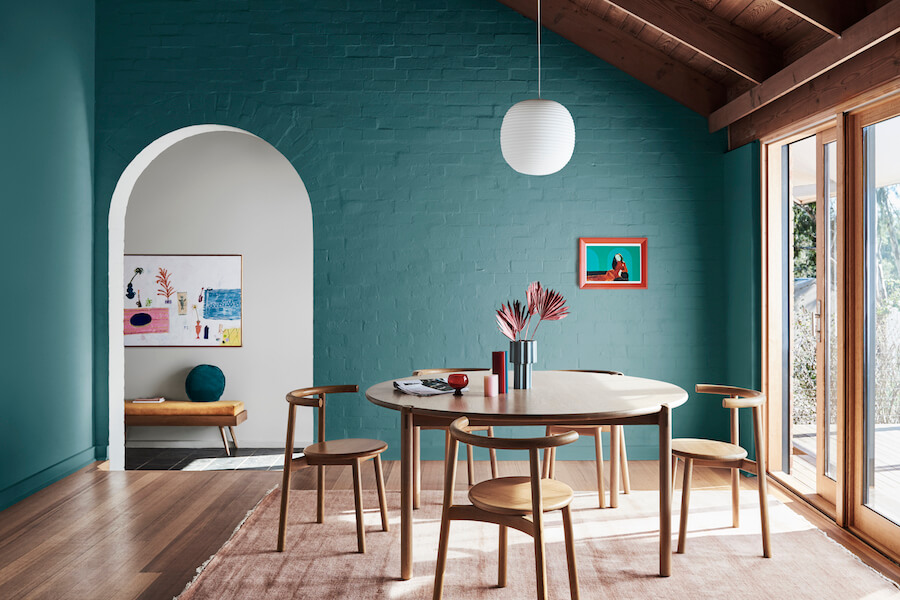If you’re all set to put your place on the market, the first big hurdle you’ll face is which sales method will get you the best result: a private sale or an auction.
There are a number of things you’ll need to factor into your decision on which selling method is right for you. Like your location, how homes are typically sold in your area, your timeframe, the level of interest in the marketplace, timing and your property type.
A private sale is where you set the figure that you want to sell your property for and your agent negotiates with prospective buyers to achieve a price as close to your asking price as possible.
With Victorian clearance rates holding steady at 71 per cent for the period December 21 2015 to January 31 2016 (REIV), many sellers can feel as though auctions are the obvious way to go.
However, the REIV data from this same period shows that 1252 homes were sold at private sale with a combined value of $664.69 million, where only 250 properties were sold at auction with a value of $97.5 million. That’s a huge 83 per cent of all Victorian property sales sold privately.
To determine what’s behind this high rate of private sales and to help you make a decision about which sales method might suit you we thought we’d take a look at some of the drawcards and downsides of private sales.
 Private sale: 86 Elizabeth Road, Portsea, VIC.
Private sale: 86 Elizabeth Road, Portsea, VIC.
What are the major perks of a private sale?
Stress less- The process of a private sale is less stressful for both sellers and buyers. For example, in an auction if you don’t reach the reserve price on the day you have to decide on the spot whether to change the reserve or pass-in the property. There’s a lot less pressure in a private sale where you can take all the time you need to negotiate with interested buyers until you strike up the right deal.
Buyers preference- A lot of buyers prefer private sales because the idea of a competitive high-pressure auction can be very intimidating and off-putting. Buyers also like the fact that the sales price is openly advertised and that there’s room for negotiation. Consequently, you attract more genuine buyers than an auction.
Privacy- If you’re uncomfortable having the sale price of your home in the public domain and you’d prefer to keep the sale of your home private, then a private sale is the way to go.
Timing- If selling your property isn’t a matter of urgency and you like to have time to mull over big decisions at your own pace, then a private sale may suit you. With no fixed deadline you can take your time receiving and reviewing offers and opt for extended settlement periods to make sure you’re 100 per cent comfortable with the sale price and satisfied that you’ve selected the best buyer.
Savings- A private sale can end up costing you less than an auction, as you don’t have to pay for the auctioneer or the marketing and promotional expenses associated with an auction campaign.
 Private sale: 1187 Burke Road, Kew, VIC.
Private sale: 1187 Burke Road, Kew, VIC.
There are also some downsides involved in going with a private sale. Such as:
- The process of a private sale tends to take longer than an auction, especially if the property is overpriced. Pricing your property is a careful balancing act. If you have too high or unrealistic expectations your property may sit empty for weeks or months with little or no buyer interest. But if you set the price too low you’ll lose money.
- You need to make your home available for frequent inspections.
- With no deadline there’s no sense of urgency for buyers to make an offer, which can also extend the sales process out.
If you’re not completely sold on a private sale, check out the pros and cons of auctions to weigh up both your options.
Before deciding to go one way or another, we recommend seeking the advice of a professional real estate agent or two to determine whether a private sale is the right option for you. Track down agents in your area and read reviews on Agent Finder.
Happy house hunting!
From the Homely team






